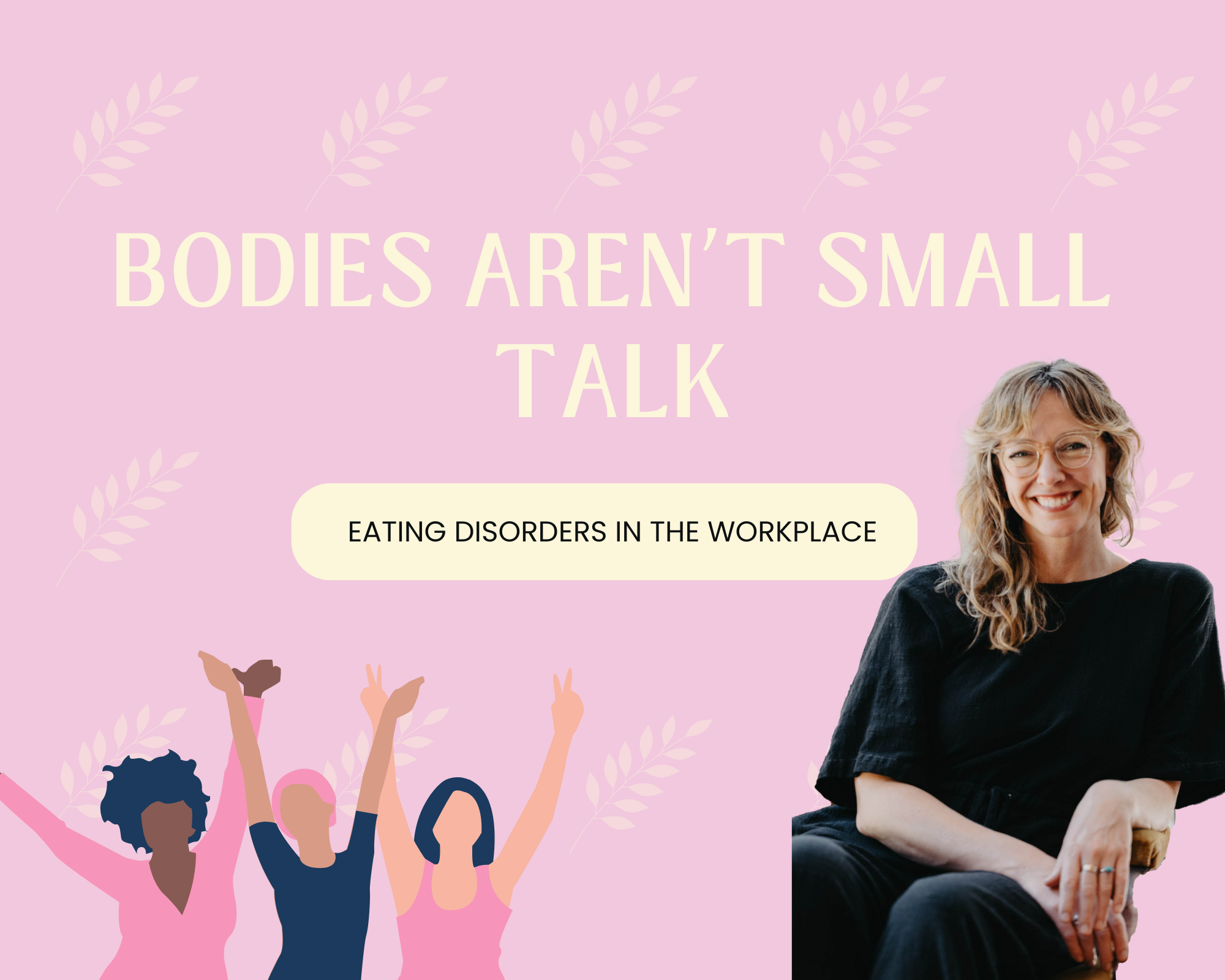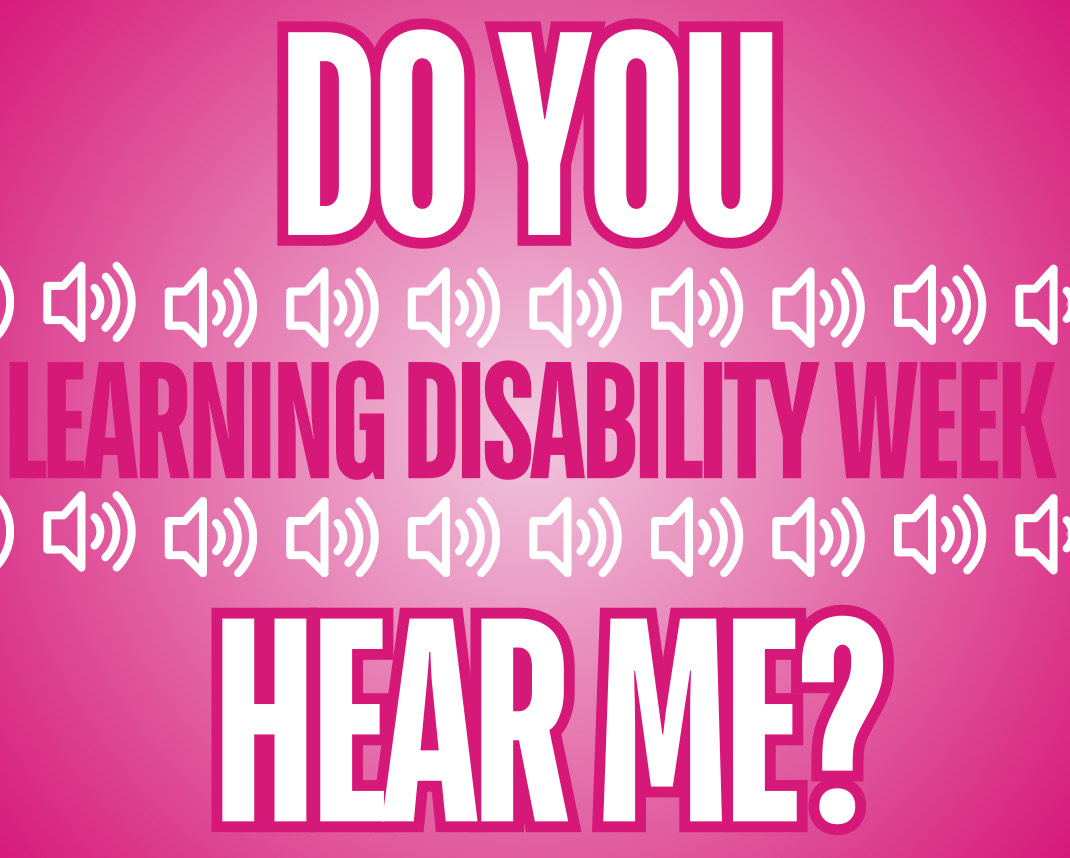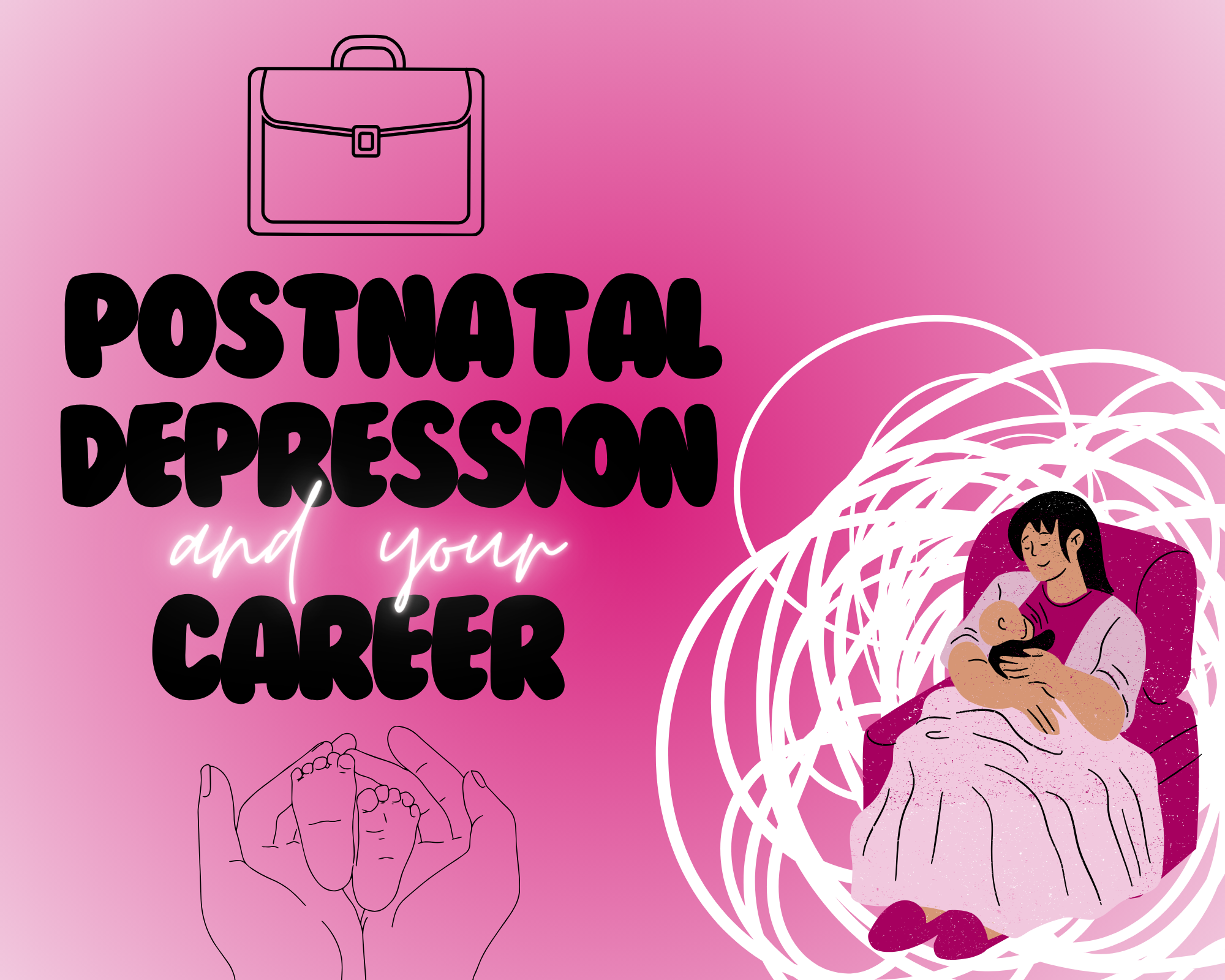TW – This article covers the topic of eating disorders.
“Are you going to eat all that?” “You’re looking really skinny.” “You should eat more.”
For many people, food can be a very sensitive topic. For others, they might not realise what impact small comments like the ones above can have on someone who is suffering or recovering.
The office should be a comfortable environment for everyone and it’s up to each individual to ensure they are keeping it that way for their colleagues. It begins with education of different types of eating disorders, how to spot the signs, and being aware of the impact our words can have.
Eating disorders are not always visible. People suffering face a daily battle between themselves and food which can present itself in different ways. Many people have the misconception that people with disordered eating have to be extremely skinny, which is not the case.
Research collected by Beat Eating Disorders found that approximately 1.25 million people in the UK have an eating disorder and 75% of those are women.
Anorexia nervosa seems to be the most known ED because it has the highest mortality rate. However, according to their research, it only makes up about 8% of all eating disorders.
Atypical anorexia is when someone has all the signs and symptoms but they never get down to a low weight. It is actually more common than anorexia nervosa. Bulimia nervosa, binge eating disorder and avoidant restrictive food intake disorder (ARFID) are common as well.
Orthorexia is an extreme focus on healthy eating. These people are often praised for their ‘self control’ and ‘being so good all the time’ because, to the uneducated eye, they may seem like someone who is just good at eating healthy but they may actually really be struggling.
A lot of work social events are based around food/drinks and so people may miss out on these so that they don’t have to face questions or battle with themselves mentally whilst everyone else enjoys each other’s company. This can then impact a person’s ability to build close relationships with those that they work with.
Emily Van Eck is a registered dietitian who specialises in intuitive eating, eating disorders, body image, and women’s reproductive health.
What can other people do to make the working environment more comfortable for those either suffering or recovering?
“Managers and leaders should help people have easy access to meal and snack breaks during the day and should provide a space for this to happen easily if possible. Do not overload employees so they must work through their lunch break. This is a bad habit for anyone, regardless of whether they have an eating disorder.
“Work to dismantle diet culture and anti-fat bias in the workplace. Our society leans heavily on the stereotype that body size is up to the individual and that anyone can just change their body if they try hard enough. But this is incredibly untrue and this myth perpetuates diet culture and eating disorders.
“If you want to emphasise wellness in the workplace, make sure mental health is just as high a priority as physical health. Do not include weight loss competitions in your wellness programs. Place the emphasis on inclusive behaviours that everyone can take part in without it being about body size.”
What not to say or do towards a co-worker? (whether you suspect they have an eating disorder or not)
“Best practice is not to comment on other people’s bodies, even if you think they look “good” or like they’ve lost weight. Workplace culture can often include a lot of conversations about “being good”, “needing to lose weight”, and self-deprecating comments about yourself and your food.
“These comments may seem totally common, but that doesn’t mean they’re healthy or a good idea. They are just perpetuating diet culture and the idea that we all need to be as thin as possible at all times. This belief is what fuels eating disorders in the first place.
“It’s also smart to lessen judgement about food. Try not to glorify those who “eat healthy” or have any signs in the workplace demonising some foods and praising others.”
What support systems can be put in place in working environments to make people feel more comfortable?
“Being as open and inclusive as possible is the most important thing for making all people feel more comfortable at work. If someone with an eating disorder does disclose to you, make sure you are not judging them and giving the time off if they need it. Eating disorders are serious mental illnesses, not a choice.
“Place high priority on mental health, reminding employees that their mental health is important to you and that they can take time off if they need it without question or judgement. Dismantling other oppressive belief systems in the workplace like ableism, racism, transphobia, and homophobia are also helpful here, as these make for a hostile working environment for many marginalised communities. Many people with eating disorders are part of other marginalised groups.
“Remember that eating disorders do not have a look, and you cannot tell from looking at someone what their health is.”
What are some steps people who are suffering can follow to make themselves feel more comfortable?
“My first suggestion is to make sure you are getting support in healing from a weight-neutral dietitian and therapist to help you fully understand what you need in order to recover. These relationships are so healing and helpful for recovery. You’ll learn tools and skills, knowledge of your body’s needs, and wisdom to help you navigate all life’s situations.
“If you feel safe telling your manager or leader at work that you need a proper break for meals and snacks, that would be so wonderful. Be mindful not to take on too much work when you need to draw a boundary. Remember you need to eat, every meal, every day. If someone at work seems to have a problem with this, that is THEIR problem, not yours.
“If someone is making comments to you about your body or food, ask them to stop.
“Eating disorders are much more common than you probably think. There is a lot of shame and negative self-worth often involved in the development of an eating disorder. This shame fuels lack of disclosure, conversation, and treatment.
So, some of the comments you make might even be meant as a compliment but you never know how someone might take it. There’s better things to talk about than someone’s food or the way they look.
For more on mental health, check out our article on caring for your mind when the workplace becomes stressful.




